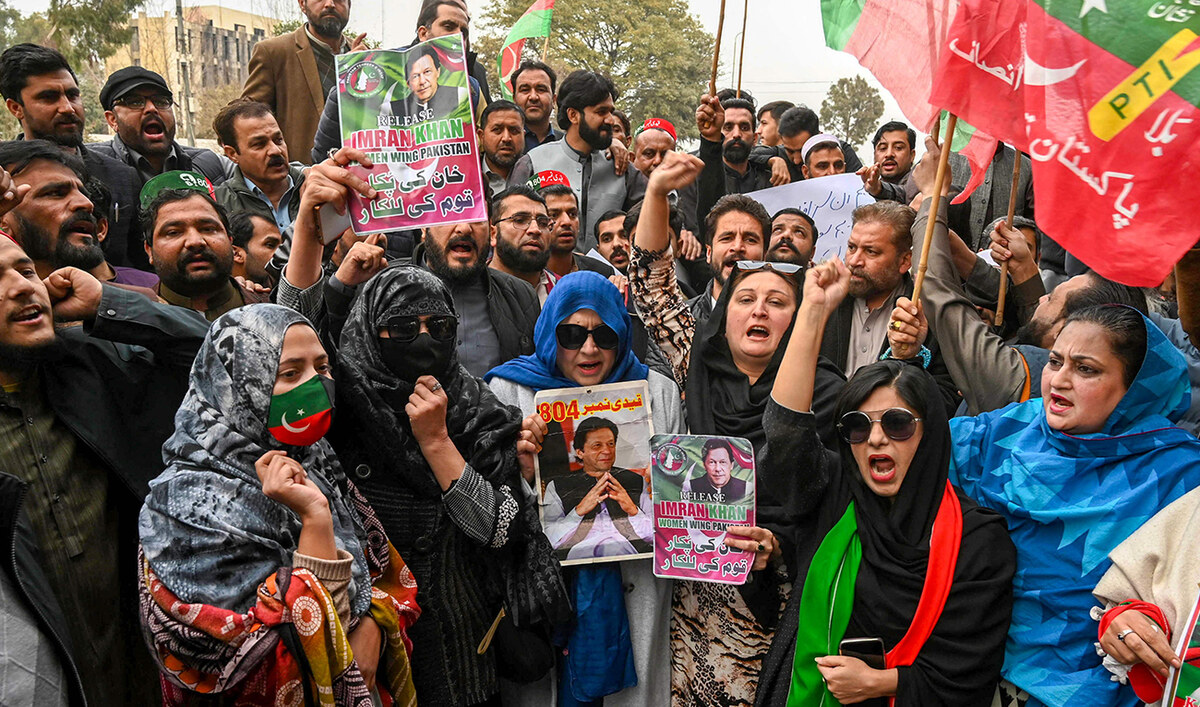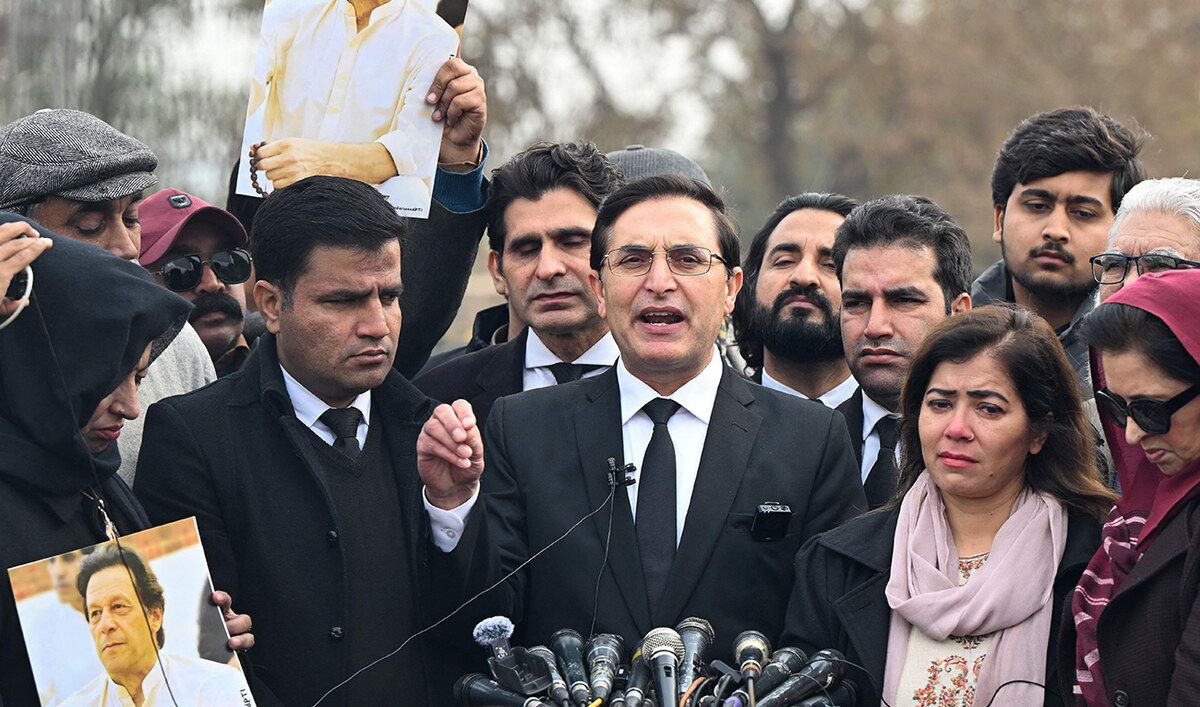KARACHI: As the novel coronavirus has spread across Pakistan, an improvised, chaotic new market has sprung up: for face masks, the demand for which is growing faster than even the disease they’re meant to fend off.
In the early days of the pandemic, frontline medical staff and the public clamoured for masks and other personal protective equipment, as production companies in Pakistan and around the world battled a host of obstacles, from illness to freight costs, from hoarding to a supply squeeze on filter fabric.
In Pakistan, which has recorded over 250,000 infections so far, shortages of masks were so acute in March and April that health workers took to social media to appeal to authorities for help and citizens hoarded supplies, pushing prices by up to 2,000 percent.
But all these problems are now a thing of the past as hundreds of new mask brokers and businesses have emerged around the country.
The commerce ministry said it did not have official figures for how many masks were currently being produced in Pakistan, given the entrance of thousands of new players in the market, from small time tailoring shops to major textile firms that had switched over to making and selling the protective covering.
“I had lost my job after the coronavirus pandemic triggered lockdowns and all businesses were shut down, but now I am satisfied because I have found a better alternate,” said Owais Ahmed, a manager at a garment factory who has been selling masks at a stall in Karachi’s Bolton Market for the last two months.
Everyday, Ahmed said, he sells up to 20 boxes of masks (an average box has 50 marks), with each box costing up to Rs600. The hot commodity in the mask trade, the N95 device, sturdier than surgical masks and better able to filter out much smaller particles such as the coronavirus, sells for Rs300 a piece.
Abdul Samad Memon, the senior vice chairman of the Pakistan Chemist and Druggists Association, said a box of surgical masks that was imported from China for up to Rs100 had been selling for as much as Rs2,300 in March.
But raids and arrests by authorities had helped push the prices slowly down and they had now normalized almost completely, officials said, as more production units had been set up and major textile firms had switched their assembly lines to mask manufacturing.
The price of a box of surgical masks is now around Rs500, Memon said, and the price of the KN95 mask had come down to around Rs300 from Rs1,800.
“Previously prices were also higher because many countries including China had imposed a ban on the export of masks but now they have lifted the embargo,” he added.
In early March, the World Health Organization estimated that 89 million medical masks were required for the COVID-19 response each month, which required a 40 percent increase in manufacturing globally.
In Pakistan, many industries have shifted to manufacturing masks to meet rising demand, with some textile firms even moving to ‘masks only’ production.
Ijaz Khokhar, the chief coordinator for the Pakistan Readymade Garments Manufacturers and Exporters Association, said many textile units operating in Faisalabad, Lahore and Karachi had switched entirely to producing masks both for local supply and export. On average, he said, 500,000 to 600,000 masks were being produced a day at textile factories in Faisalabad city alone.
Medical suppliers and health care industry officials complain the frenzy to produce masks has also broken down standard quality controls, opening the market to an influx of masks of uncertain origin and effectiveness.
But manufacturers said they met all quality standards for masks that were to be exported, especially to the United States and the United Kingdom, and were working hard to bridge “quality deficiencies” in masks supplied to local buyers.
#Pakistan will be a big import destination for foreign countries if global demand persists for medical face masks says Chairman of the Council of All Pakistan Textile Associations || #Coronavirus #FaceMasks @APTMAofficial
-
Read special by @Khurshid72: https://t.co/JXYHE5TcVz pic.twitter.com/3Ikbhea4Bd— Arab News Pakistan (@arabnewspk) July 24, 2020
“Definitely this is new field in Pakistan and there are certainly quality issues but it will be covered and god forbid if the global demand for masks persists then Pakistan will be a big import destination,” Zubair Motiwala, chairman of the Council of All Pakistan Textile Associations, told Arab News.
Manufacturers say they have set an export target of $2 billion masks and sanitizers this year but as virus infections have steadily declined in Pakistan and around the world, vendors have begun to fear for the prospects of their new businesses.
“I think the mask business will continue for the whole year,” said Shahzad Ahmed Siddiqui, who switched to selling masks when his readymade garments business closed due to coronavirus lockdowns.
But Ahmed, the manager at the garment factory, said he feared the mask business would decline after the upcoming Eid ul Adha Islamic holiday began on August 1.
“The business will continue up to Baqra Eid [Eid Al-Adha,” he said as he arranged masks at his store. “Maximum business will go on for 15 to 20 days, not beyond that.”




















